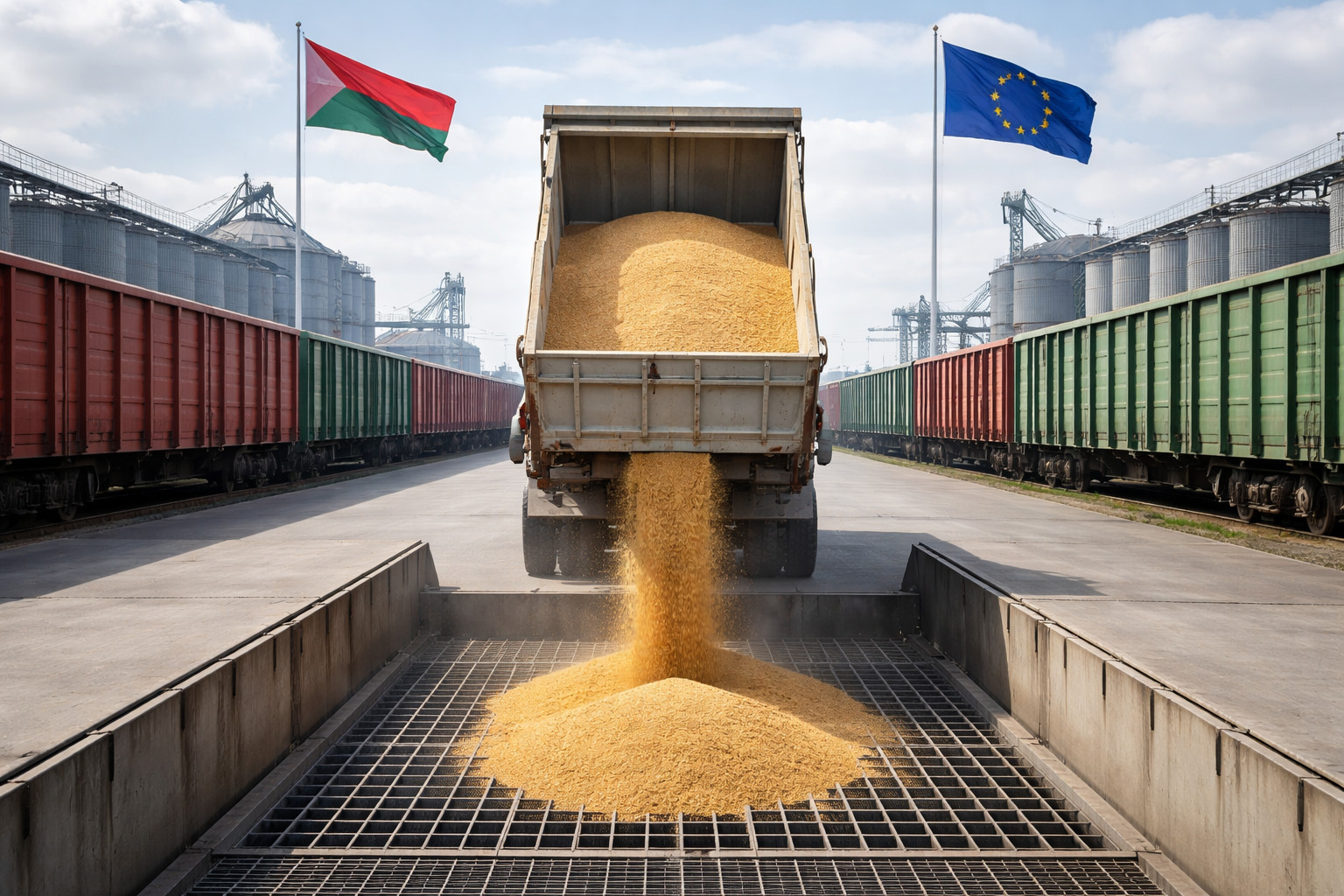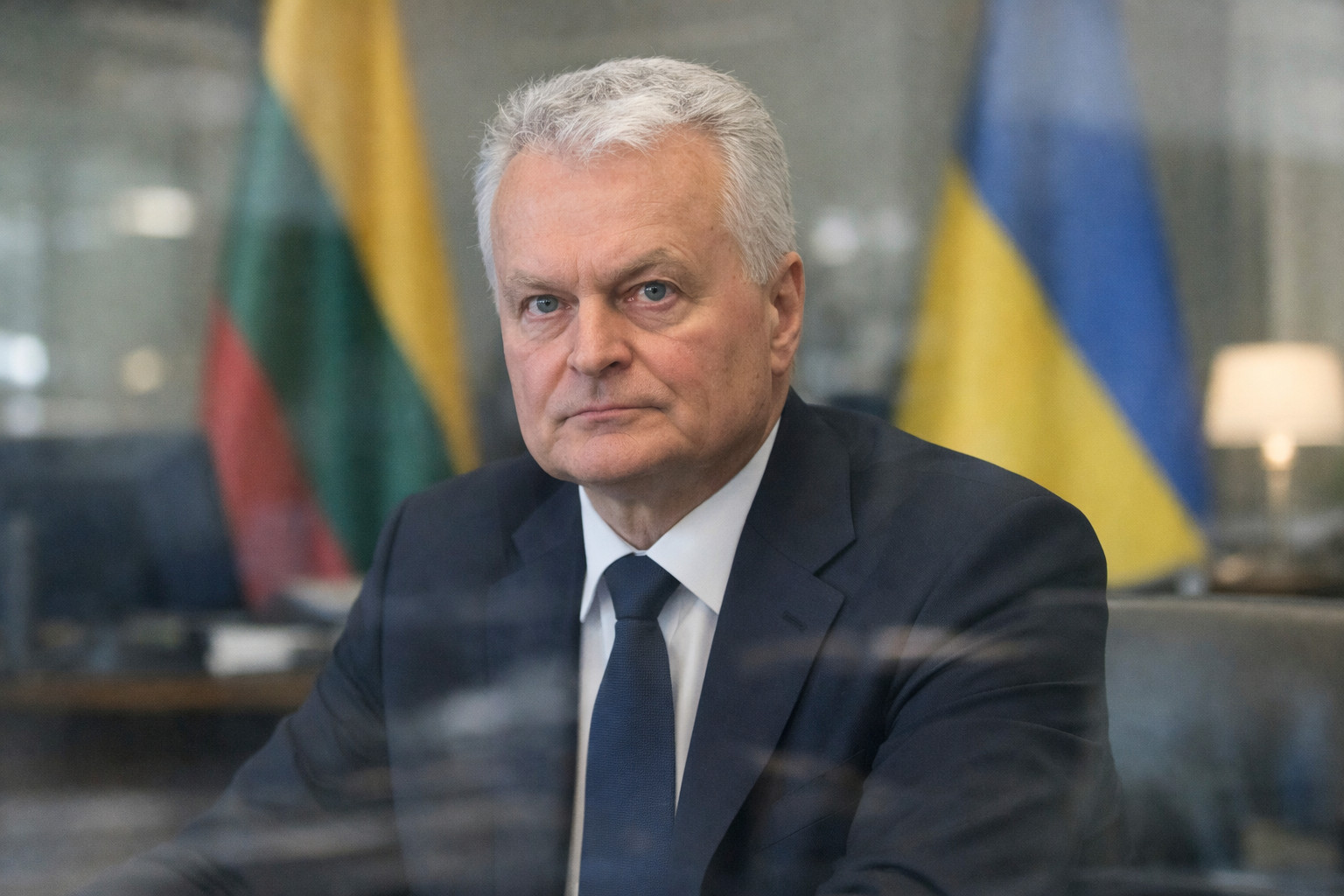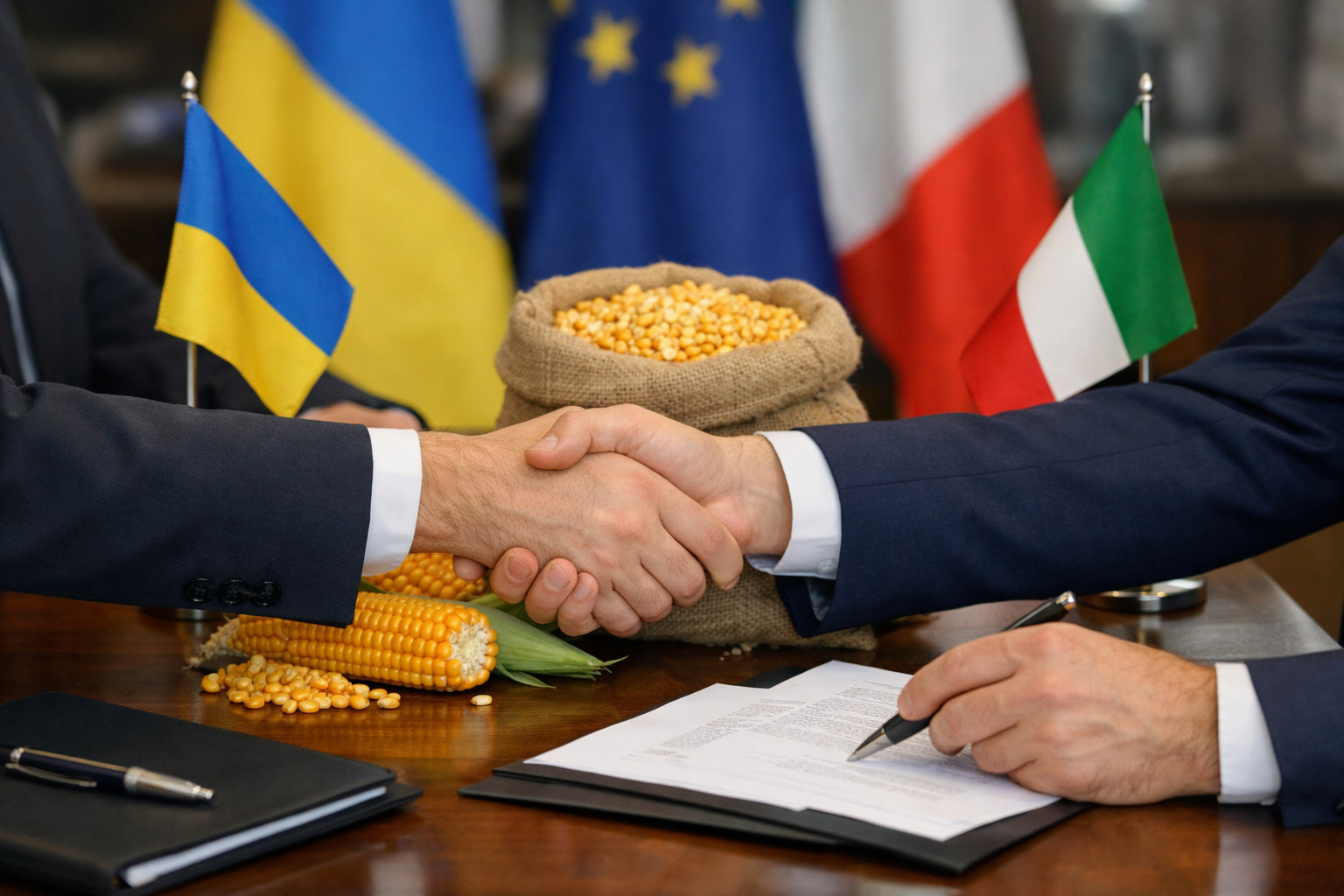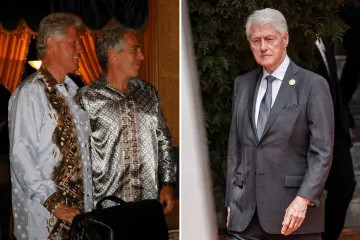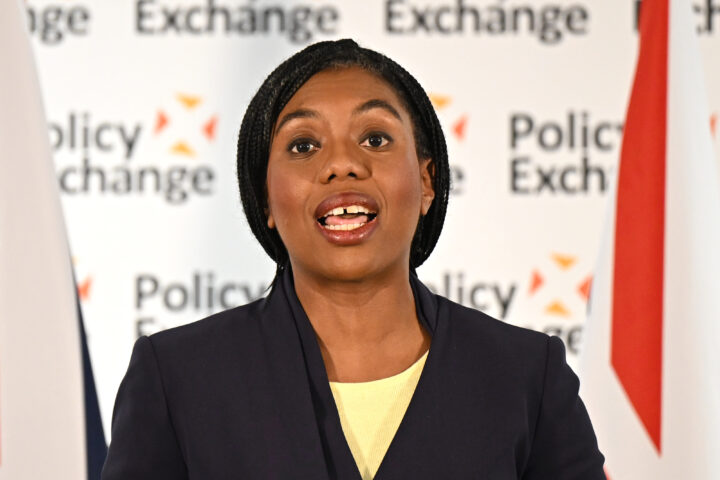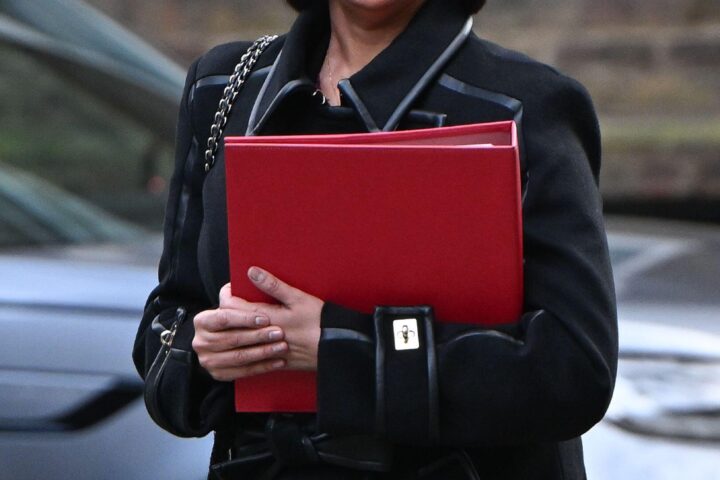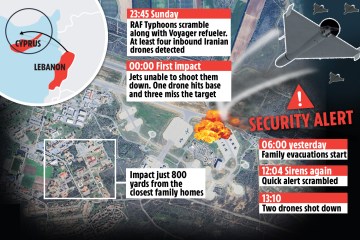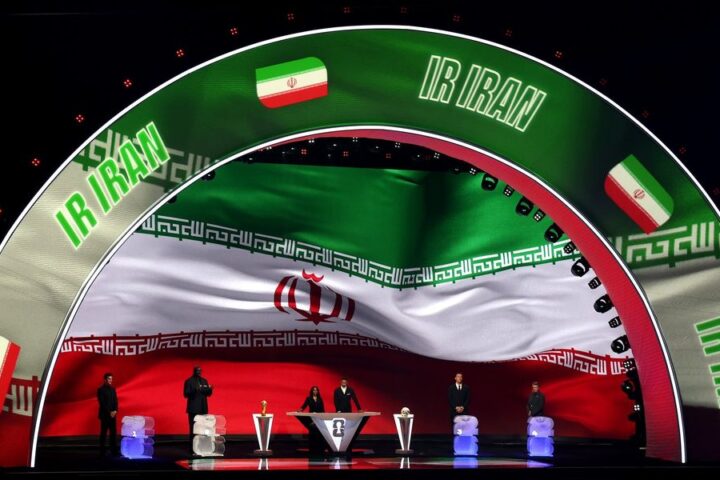For the first time in 34 years, Chinese President Xi Jinping has officially congratulated Ukraine on its Independence Day. On August 26, Xi sent greetings to President Volodymyr Zelensky and the “friendly Ukrainian people” marking a notable shift in Beijing’s diplomatic posture. The message, delivered through the social media platform X, was acknowledged by Zelensky, who emphasized Ukraine’s interest in strengthening a long-term bilateral dialogue based on mutual respect to ensure peace, stability, and prosperity.
Symbolic move after years of alignment with Moscow
For decades, Beijing viewed Ukraine and the broader post-Soviet European region largely through the prism of Moscow’s influence. Xi has maintained close ties with Vladimir Putin, offering diplomatic and economic support throughout Russia’s war in Ukraine. However, Russia’s repeated failures on the battlefield have led to growing frustration in Beijing, prompting subtle but visible recalibrations in China’s foreign policy.
A signal of distance from the Kremlin
Xi’s Independence Day message carries symbolic weight, particularly given Putin’s repeated assertions that Ukraine’s borders are an artificial construct of Soviet leadership. By formally recognizing Ukraine’s sovereignty on its national holiday, Beijing appears to be signaling disagreement with the Kremlin’s stance. This development follows the last direct conversation between Xi and Zelensky in April 2023, when the Chinese leader urged negotiations to end the war—though then on terms favorable to Moscow. China’s earlier “peace plan” had also been widely seen as aligned with Russian interests.
China seeks a broader global role
The move reflects Beijing’s ambition to play a larger role in global diplomacy, presenting itself as a mediator in the Russian-Ukrainian war while leveraging international platforms such as the United Nations. While China is unlikely to abandon its “no-limits” partnership with Moscow, the gesture underscores a gradual cooling of ties. It also suggests a potential opening for international pressure on Russia to consider pathways toward ending the conflict, even as Beijing maintains its strategic relationship with the Kremlin.

